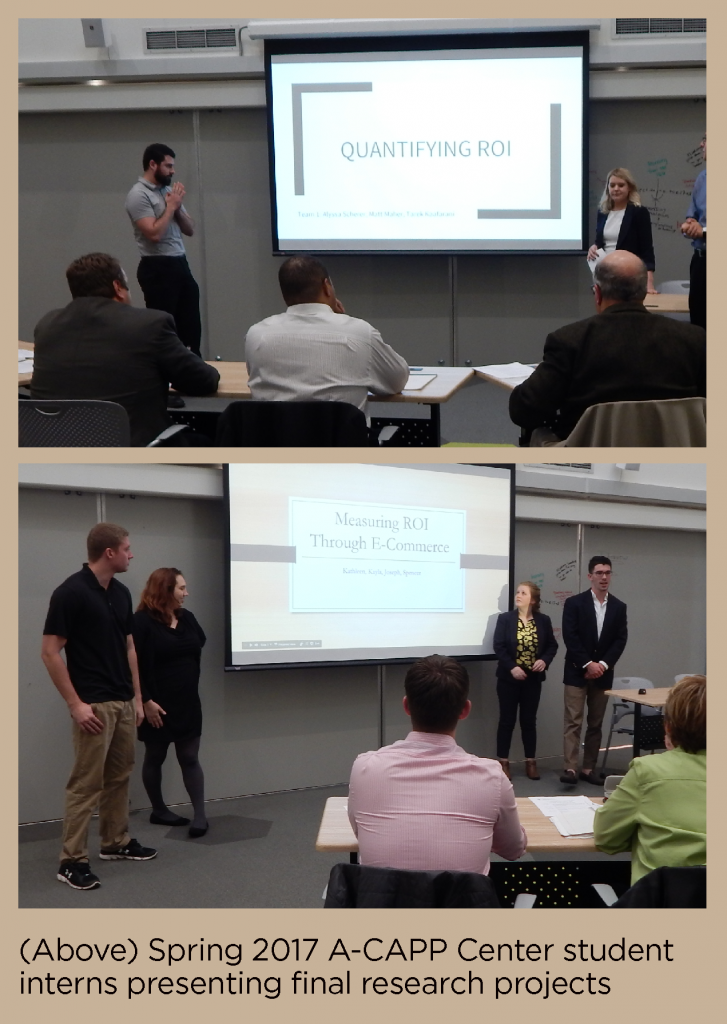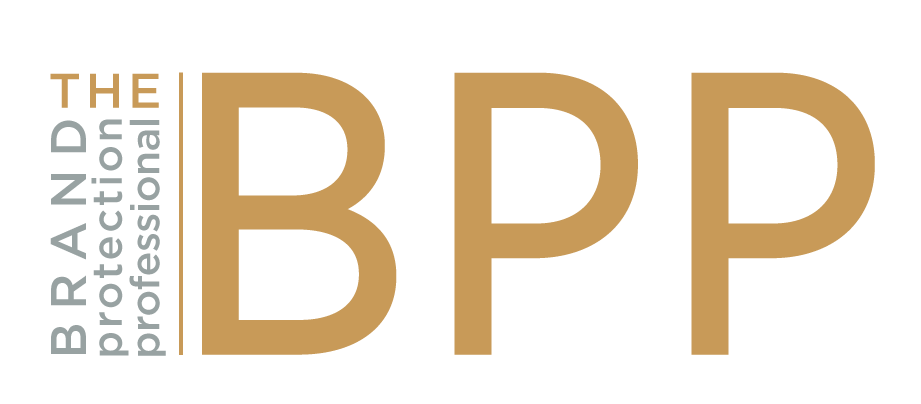Ron D. Davis
Senior Director of Brand Protection for Qualcomm (retired); A-CAPP Industry Fellow; Vice Chairman Emeritus for Quality Brands Protection Committee (QBPC); Senior Consultant, Vice President North America for Wan Hui Da Law Firm and Intellectual Property Agency in Beijing
It is not uncommon for companies to hire students right out of college with no experience, especially those with engineering degrees. This was often the case at Qualcomm, a high-tech firm.
In recent years, however, companies have come to look favorably upon student candidates who have some actual experience in the workplace, particularly experience gained through quality internships.
As someone who has developed and managed internship programs for three multinational corporations over three decades, I can say without doubt that companies profit from sponsoring internships just as much as the interns benefit from their internship experience.
EARLY INTERNSHIPS – SECURITY

My first experience with corporate internship programs began early with my career as a Security Director for General Dynamics (GD) in the 1980s. After learning that Western Illinois University (WIU) offered a full-semester security-internship program, I visited WIU and met with Professor Ken Durkin, the school’s Law Enforcement and Justice Administration Internship Coordinator. That was the beginning of a long-term relationship between WIU and GD. During my tenure, the WIU and GD internship partnership involved more than 15 students, all of whom, after graduation, GD either hired or helped find jobs elsewhere in the industry.
As managers involved in our first internship program, we had a lot to learn, but the current era also has its own challenges to be addressed and advantages to be learned, many that are uniquely related to mentoring “millennials.”
Peter Hunt, VP, Brand Protection & Security for Flex Corporation and formerly Director of Global Brand Protection and Supply Chain Security at Hewlett-Packard, told me, “It did take some learning inside the company to get value out of the millennials” in the Hewlett-Packard internship program. Hunt noted that, “Millennials’ pace and style (automation, e-comms, and multi-tasking) were valuable but initially contrasted starkly with the department’s three-ring binder world”.

Kevin Weaver, Senior Director, Brand Protection Technology & Innovation, at Johnson & Johnson (J&J), has a very active program that recruits multiple interns for one to three months. Not all companies have the demand or such an accommodating structure as J&J’s program, but companies may be able to learn something from J&J’s impressive commitment. (See BP Forum Where Do Brand Protection People Come From? in the BPP 3rd Edition)
In my GD experience, most interns came through a criminal justice curriculum, whereas at J&J, Weaver said, “Because of our varied product line and the governance of our Global Brand Protection team, we might approach Brand Protection recruitment differently than other companies. We utilize a lot of different schools (10-15) and we mix it up a bit.We recruit BP interns from a variety of majors, such as Supply Chain, Procurement, Marketing, Communications, Sales, Information Technology, Sciences (Chemistry, Chem Eng., etc.) and Engineering.” Vivian Vassallo, Senior Director, Intellectual Property Protection & Enforcement at Dolby, kicked off a startup intern program for Dolby through the Center for Anti-Counterfeiting and Product Protection (A-CAPP) at Michigan State University (MSU) in 2016. Vassallo said, “We think it’s great. It provides quality, energetic resources, and gives us the opportunity to train future talent.”

The success of the GD Internship Program gave me the confidence to start a similar program for Honeywell Corporation when I joined that organization. The program was a success for Honeywell, which hired and shaped some future stars at entry-level cost.
BRAND PROTECTION, AND INTERNSHIPS, TAKE OFF

Although brand protection is now a known entity, that was not the case 10 to 15 years ago. Consequently, many BP professionals gravitated from the security industry into what soon became the exciting BP career field that has undergone amazing growth in the last decade.
While at Cisco Systems in the early 2000s, living and working in Hong Kong and Mainland China, I walked into a new world – not only living in Asia, but learning BP on the job. I was fortunate to have FBI and international corporate investigative experience – each of which helped me deal with Cisco’s unexpected counterfeit crisis in Asia. This career crossover from security to BP proved valuable and exciting, as I moved on to my next venture involving a BP start-up program. Shortly after returning to the United States, I was recruited to create a formal BP program for Qualcomm. (See Temperature Test Where Do Brand Protection People Come From? in the BPP 3rd Edition)
In 2011, I learned through David Vargas, one of my BP managers and a graduate of MSU, that his alma mater was in the process of developing the A-CAPP program. Now successful and expanding, this academic and industry partnership is the first and preeminent academic body focusing on the complex global issues of anti-counterfeiting and product protection. Qualcomm, an A-CAPP Center founder, soon developed a strong partnership with MSU that expanded into a full-semester BP-Internship program.
Our BP group had matured in the past five years and although small, we had a highly technical and productive team. Consequently, we felt prepared to undertake the new intern program. Vargas, an early champion of the internship program, immediately volunteered to serve as Internship Coordinator, including on-campus screening interviews and handling administrative details with Human Resources (HR).
Offering good advice to those with established internship programs or those considering their value, Vargas said, “Give your intern exposure to the fundamentals of your business. Encourage them to ask, ‘why do we do this?’ Empower them to ask, ‘what if we did it this way?’”
Qualcomm reinforced its reputation as a company with a world-class HR department by managing the internship’s administrative necessities—compensation, housing, company orientation, and legal requirements—leaving the BP department with time to dedicate to internally tailor our own program to the best benefit of the intern and the company.
For this article, I interviewed Peter Cichowski, one of our former BP interns from the A-CAPP Center who is now a Program Manager with two years’ experience in Qualcomm’s Global Security Department. Asked what was the best take away from his internship, Cichowski responded, “I was able to gain a real-life perspective of my potential career choices. Otherwise, I would have just been guessing which career field I would be best suited for. Also, just listening and observing good leadership will make you more successful in your career.”
While internships are primarily a business relationship, intended to benefit the organization and the intern, I encourage BP leadership to get to know their interns and provide some occasional strategic career mentoring, to help shape their character and future managerial style. From this personal interaction, lifelong personal and professional relationships can develop.
In my case, Dave Walters, a former GD intern who had earned a leadership position at Cisco and is now a longtime friend, was instrumental in providing me the opportunity for a career change and transition from security into BP. That was the excellent “pay back” I never expected.
THE BRAND PROTECTION PROFESSIONAL | JUNE 2017 | VOLUME 2 NUMBER 2
2017 COPYRIGHT MICHIGAN STATE UNIVERSITY BOARD OF TRUSTEES
